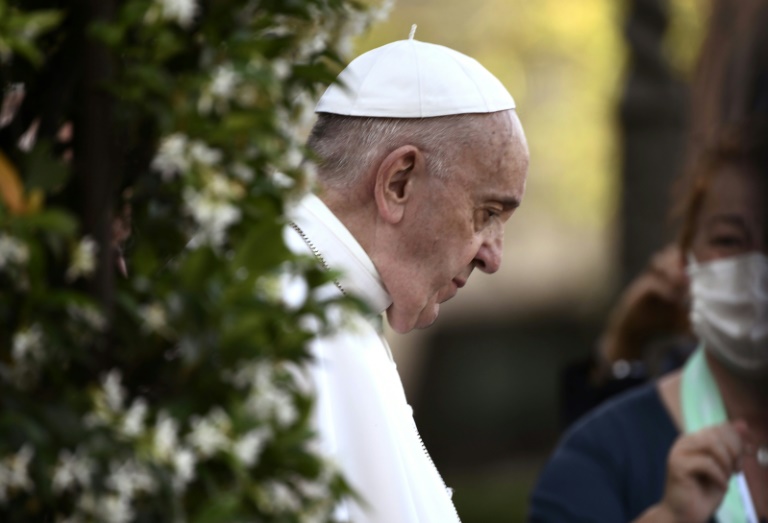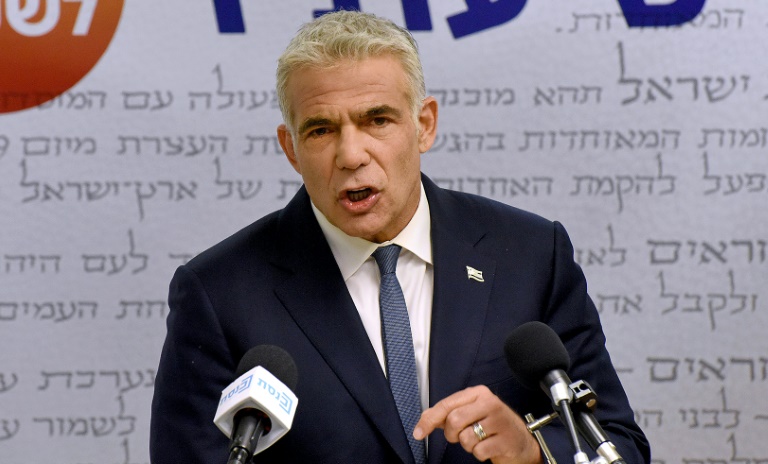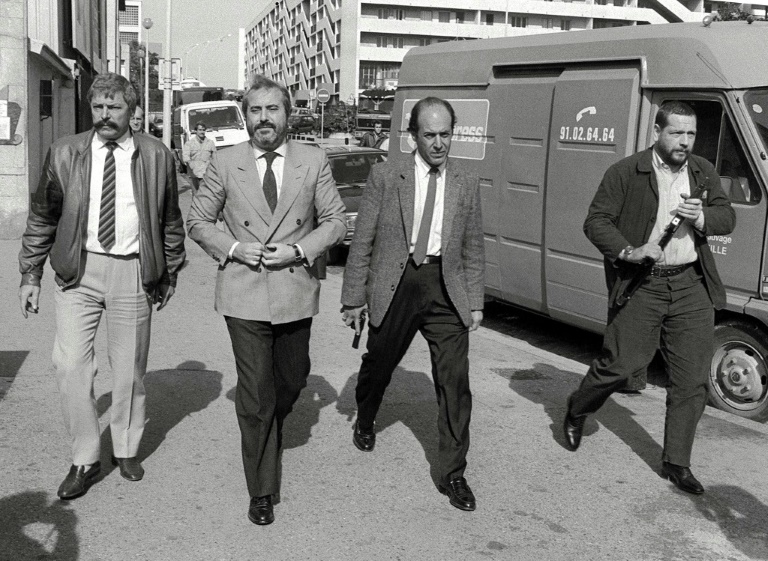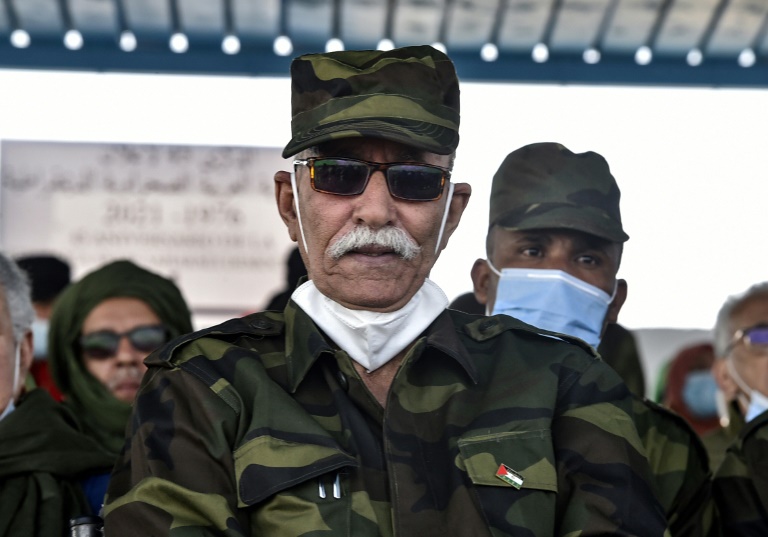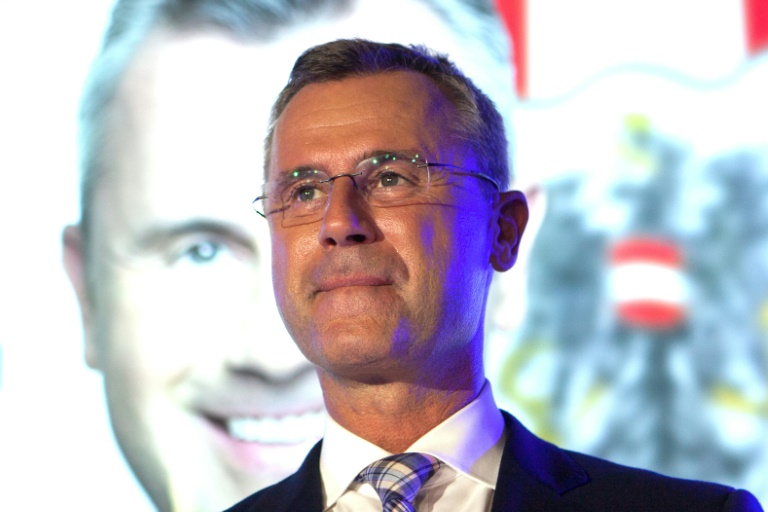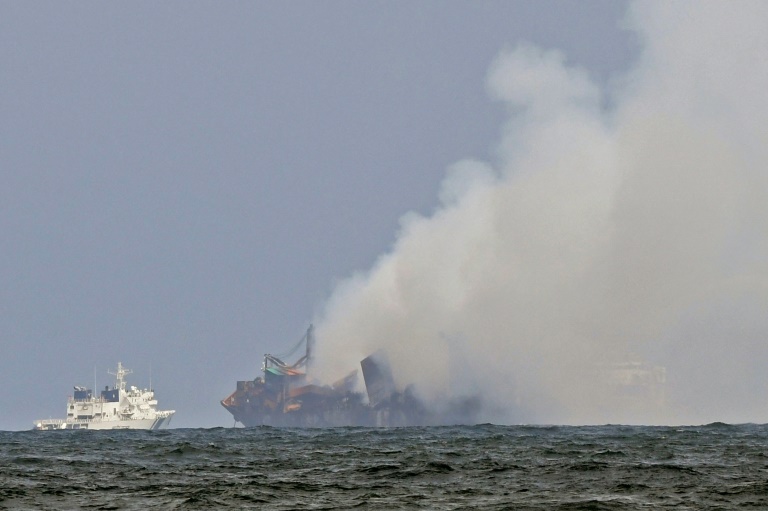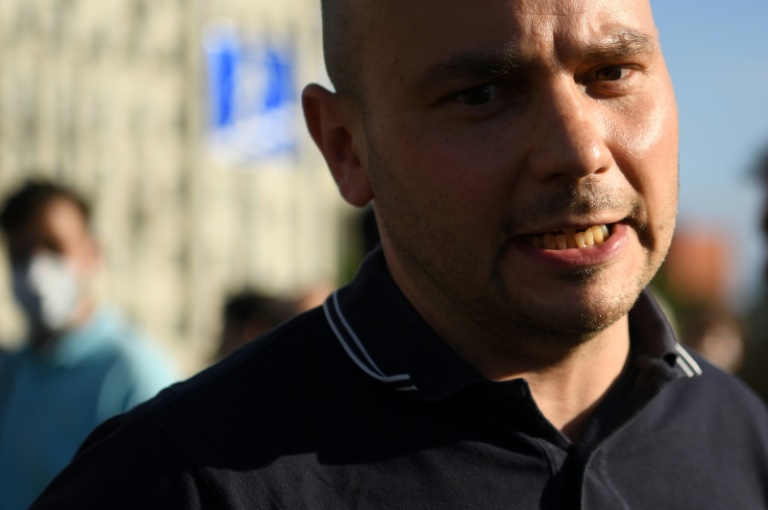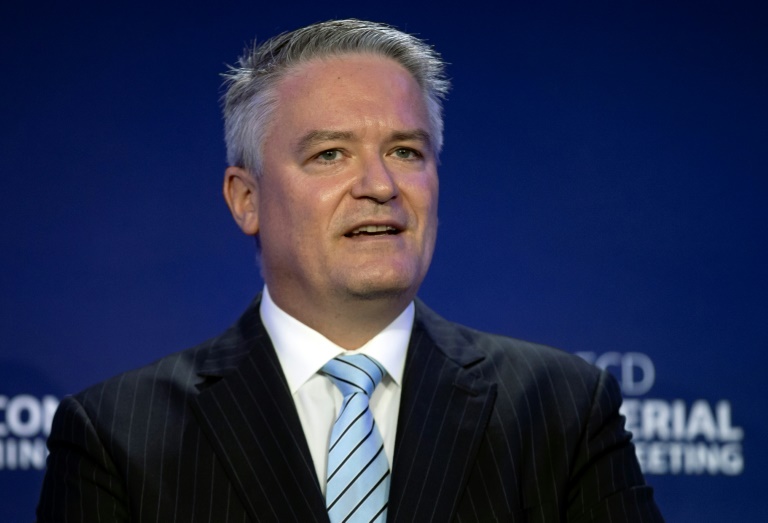Pope updates canon law to address paedophilia by priests
Pope Francis updated the Catholic Church’s criminal code Tuesday, reinforcing penalties for priests who sexually abuse minors, measures long sought by activists against paedophilia.
The most comprehensive revision of the Code of Canon Law in nearly 40 years followed a years-long process that begun under Francis’s predecessor, Benedict XVI, and involved input from canonist and criminal law experts.
It came after repeated complaints by victims of sexual abuse and others that previous wording within the code was outdated and opaque.
The purpose of the canon’s revision is “restoration of justice, the reform of the offender, and the repair of scandal” Francis wrote in introducing the changes.
Since becoming pope in 2013, the Argentine pontiff has striven to tackle the decades-long sexual abuse scandals involving Catholic priests around the globe, although many activists against paedophilia insist much more needs to be done.
He convened an unprecedented summit on clerical sex abuse in 2019 while lifting secrecy rules that hindered investigations of abusing priests, among other measures.
In a press conference, Archbishop Filippo Iannone, president of the Pontifical Council for Legislative Texts, referred to “very serious episodes of paedophilia” within the Church.
The revised code, he said, sought to express “the will of the legislator to reaffirm the seriousness of this crime and the attention to be paid to the victims.”
– ‘Offenses against dignity’ –
The new code does not spell out in plain language sexual offences against minors, instead referring to offences against the sixth commandment, which prohibits adultery.
Clergy sexual abuse survivor Marie Collins, one of the original members of the Pontifical Commission for the Protection of Minors who resigned in 2017 because she was concerned that promised reforms were not being implemented, was scathing.
“Adultery has nothing to do with the abuse of children, it’s completely inappropriate,” she told AFP.
“Punishment is left very loose and can lead to different outcomes.”
Still, the offences and their punishments are now grouped under a new heading of “Offences against human life, dignity and liberty,” replacing the earlier “Delicts against special obligations.”
The new code specifies that a priest is to be stripped of his office and punished “with other just penalties” if he “commits an offence against the sixth commandment of the Decalogue with a minor.”
Previously, the text specified that a cleric who “persists with scandal in another external sin against the sixth commandment of the Decalogue is to be punished by a suspension,” with extra penalties if the crime persists.
In a new addition, the code states that a priest who grooms or induces a minor “to expose himself or herself pornographically or to take part in pornographic exhibitions” will be similarly punished.
– Need for justice –
Francis wrote that the revision was an attempt to better balance justice and mercy, “which has sometimes been misinterpreted,” leading to a climate of laxity and a hesitation towards punishment within the Church.
Another aim of the revision, he said, was to reduce the number of penalties left to the discretion of judges, especially in the most serious cases.
Other technical improvements related to “the right of defence, the statute of limitations for criminal action, a more precise determination of penalties,” added Francis.
The changes — which include others outside the scope of sexual abuse — will take effect in December.
Despite recent measures to root out abuse by priests and increase transparency, some victims say the Vatican still has not gone far enough to protect children even in the West, where intense media coverage of paedophile priests has led to greater scrutiny of church practices.
Another new offence included in the revised canon is attempting to ordain women, an act punishable by excommunication, a pushback against the Church’s more progressive members advocating for women to be allowed to become ordained ministers.

